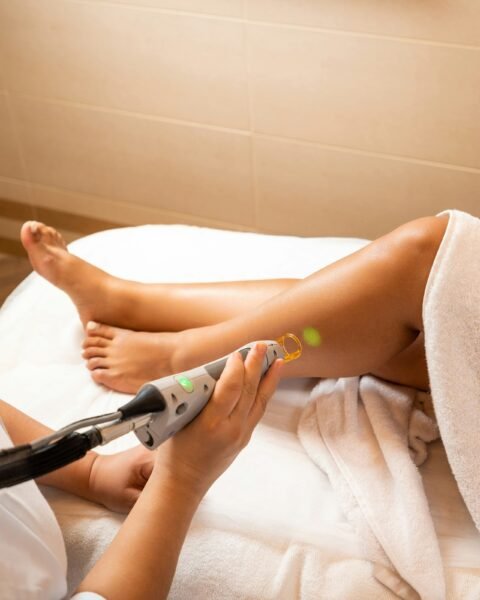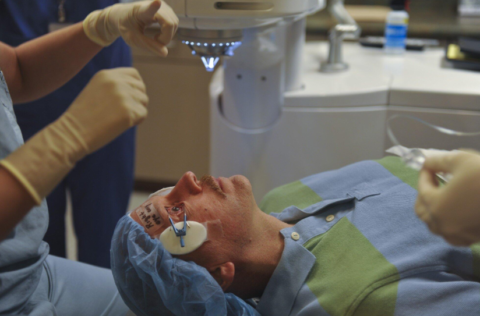Key Takeaways:
- Understanding the importance of regular hearing check-ups.
- Tips for protecting your hearing in various environments.
- The importance of exercise and food in preserving hearing health.
- Technological advancements that assist hearing loss prevention.
Maintaining healthy hearing involves:
- Protecting your ears from loud noises.
- Avoiding prolonged exposure to high volumes.
- Using ear protection when necessary.
Regular hearing check-ups, a balanced diet, and avoiding ear infections are crucial. Adopting these strategies helps preserve hearing and prevent long-term damage.
The Importance of Regular Hearing Check-ups
Regular hearing examinations are crucial for the early identification and prevention of hearing loss. Hearing health directly impacts overall well-being, making it a priority. By seeking professional care through Sudbury Audiology Care Services, individuals can ensure that any potential issues are addressed promptly. Neglecting regular check-ups can lead to undiagnosed conditions that may worsen over time. For instance, age-related hearing loss or noise-induced damage can progress if not monitored regularly, impacting communication and overall quality of life.
Hearing check-ups can identify health issues like diabetes and high blood pressure, allowing audiologists to provide holistic advice. Being proactive about hearing health can prevent severe complications and ensure overall well-being, avoiding further complications.
Protecting Your Hearing in Loud Environments
Loud noises can cause irreversible hearing damage, so using ear protection and reducing noise exposure can significantly save hearing. Earplugs or noise-canceling headphones can help protect against this. Even moderately loud sounds, like urban traffic or lawnmowers, can gradually erode hearing ability. The duration of noise exposure is also crucial, as more prolonged exposure increases the risk of hearing damage. Regular breaks from noisy environments and education about safe listening practices are essential to preserve hearing health across generations.
Diet and Exercise: Unexpected Allies of Hearing
Maintaining healthy hearing requires a balanced diet and consistent exercise. Fish contains antioxidants and omega-3 fatty acids, two beneficial nutrients to ear health. Regular physical activity boosts blood circulation to the ears, ensuring they get adequate oxygen and nutrients. Eating leafy greens, nuts, seeds, and whole grains supplies essential vitamins and minerals like magnesium and zinc, which help protect against noise-related hearing loss and prevent ear infections. Adopting a healthy lifestyle offers long-term hearing benefits.
Technology and Hearing Health
Advancements in technology have made it easier to monitor and promote hearing health. Modern hearing aids and apps are just a few examples of technology that can assist in preventing hearing loss. According to the Hear-it Community, staying updated with new technological solutions is essential for maintaining good hearing health. Smartphone apps allow you to test your hearing and access sound therapy programs, making hearing care more accessible.
Wearable technology, including intelligent hearing aids connected to smartphones, enhances listening experiences by filtering background noise and offering new ways to enjoy audio. Bone-conduction headphones also protect ears, making these devices a significant technological advancement.
Understanding Noise-Induced Hearing Loss
Noise-induced hearing loss is preventable if one understands the different sources of harmful noise and takes necessary precautions. The Centers for Disease Control and Prevention (CDC) offers extensive resources to help individuals comprehend and mitigate the risks of noise-induced hearing loss. For example, understanding the decibel levels of everyday sounds can help you avoid potentially damaging noise.
Long-term exposure to sounds above 85 decibels, such as those from lawnmowers or heavy traffic, can lead to hearing loss. Awareness of the noise levels in your environment and using tools like smartphone decibel meters can help you stay informed. Implementing protective measures, such as soundproofing your home or workspace, can also reduce exposure to harmful noise.
Familiar Sources of Noise-Induced Hearing Loss
- Loudly pumping out music using headphones or earbuds
- Operating in loud settings, such as factories or construction sites
- Attending loud events like concerts or sports games without ear protection
The Psychological Impact of Hearing Loss
Hearing loss affects the ears and has psychological effects, such as feelings of isolation, depression, and anxiety. Maintaining healthy hearing improves mental health and overall quality of life. Clear communication is essential for emotional well-being, and untreated hearing loss can lead to social disengagement, loneliness, and worsening mental health. Resolving hearing problems dramatically enhances a person’s quality of life and keeps them involved in their communities and active.
Practical Tips for Daily Hearing Care
Maintaining good hearing health involves regular ear cleaning, avoiding cotton swabs, and using technology responsibly. Cotton swabs can cause blockages, so use safer methods like ear drops or professional cleaning. Monitoring listening habits and keeping volume safe is crucial. The 60/60 rule mitigates the harmful effects of extended exposure to loud noises by recommending listening to audio at 60% of the maximum level for 60 minutes.
Healthy Hearing Routine
- Schedule annual hearing check-ups.
- Wear ear protection in loud environments.
- Maintain a diet rich in ear-friendly nutrients.
- Engage in regular physical activities.
- Use technology wisely to monitor and aid your hearing health.
Final Thoughts
Hearing health is crucial for overall well-being. Regular check-ups, a healthy lifestyle, and technology updates are essential for maintaining hearing. Prioritizing hearing health today ensures a better quality of life tomorrow. Adopting sound dietary habits and using the latest hearing technology contribute to preserving hearing. Take the initiative and inspire others to prioritize their hearing health.

Daniel J. Morgan is the founder of Invidiata Magazine, a premier publication showcasing luxury living, arts, and culture. With a passion for excellence, Daniel has established the magazine as a beacon of sophistication and refinement, captivating discerning audiences worldwide.





